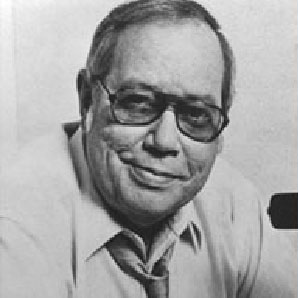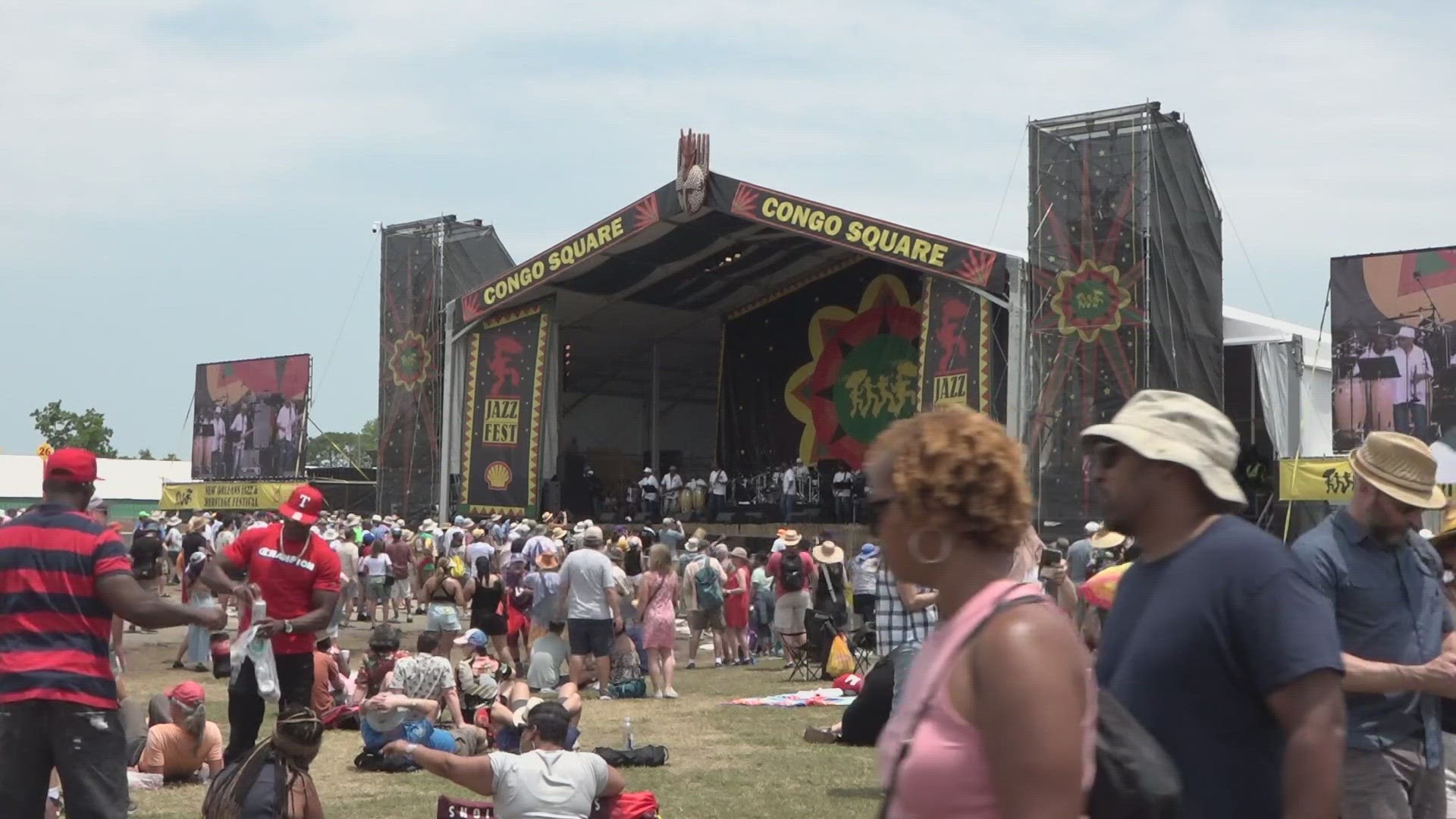Dominic Massa / EyewitnessNews
Charlie Douglas, the radio announcer whose 'Road Gang' radio show on WWL invented a genre of overnight programming for truck drivers nationwide, died on Thanksgiving Day. He was 78.
Douglas' onetime co-host and eventual successor on WWL, Dave Nemo, called Douglas a pioneer of the overnight talk genre, geared toward truckers.
'Trucking radio lost the man who invented the genre. He will live on in the memories of all who rode through the night with this great friend of the truck driver,' said Nemo, who now hosts a show on Sirius/XM radio.
Douglas, whose real name was Doug China, first brought the 'Road Gang' to WWL in 1971. The station's clear channel signal meant that the program, which featured country music, weather reports and homespun humor, could be heard by truck drivers nationwide.
'Charlie went to WWL and said 'You've got a signal that is a flame thrower out there,'' Nemo recalled.'He said, 'You've got all these truckers with nothing directed towards them. Why don't we start a program aimed for the trucking audience exclusively?''
The program would later earn the attention of Time magazine.
'Six nights a week at 9:30, Charlie Douglas sounds two beeps on a truck horn, and thousands of truck drivers on the road all over the country cock an ear,' explained the magazine in a 1973 article. 'For the next 71/2 hours, over WWL, a clear-channel New Orleans radio station at 870 on the dial, they can hear not only country music but business information that could be vital.'
Nemo said that the show was not just about entertainment, but also public safety.
'The mandate for the program was to keep truckers awake, and therefore alive,' Nemo said.'The best compliment we could get was for someone to say, 'Man, you really helped me make it through that night.'We took that very seriously.'
In a 1976 article in The Times-Picayune, Douglas explained that the program received more mail from Ohio listeners than from those in Louisiana.
Douglas himself boasted of the program's wide reach, saying that when he once asked listeners to send in shoulder patches 'just to find out who was listening,' he received patches from police and fire departments, sanitation crews, even Boy Scout and Girl Scout troops, and of course trucking firms.
He said the country music he played fit with the trucker's lifestyle.'It's about being lonesome,' Douglas said, 'and workin' hard.'
Nemo said that the program also served as a lifeline between truckers and their families back home.
'In those days, telephone communication with the folks back home was limited to pay phones at a truck stop,' Nemo said.'So the song dedications and birth announcements helped bridge that gap.'
Country music and truckers' talk may not have been the first thing listeners of WWL, the station whose studios were at one time in the Roosevelt Hotel, may have expected, but Douglas made the program into an institution.
'The whole thing seemed a bit off center at the time,' wrote Ronnie Virgets in a 1985 Times-Picayune profile of Nemo, which credited Douglas with inventing the format. 'A country format in jazzy New Orleans, no local sponsors and a floating audience of unknown size and desires. But Douglas made the whole thing work.'
Douglas had never driven a truck, but said he was fascinated by the big rigs that rolled through his boyhood home of Ludowici, Ga.
His 'Road Gang' show, broadcast at various times from 9 p.m. or 11 p.m. until 5 a.m., continued on WWL for some 13 years before being picked up nationally on satellite and spawning dozens of imitators.
Douglas also worked stints as an announcer and host on WNOE in New Orleans, as well as on WSM-AM in Nashville, and stations in Dallas, Houston, San Antonio, Buffalo and Oklahoma City.
He began his career in 1953 at KLIC in Monroe, La.
He was inducted into the Country Music DJ Hall of Fame in 1994. He retired from radio a year later to work full-time for CDX, the countyr music distribution business he established ith business partner Paul Lovelace in 1991.
He is survived by his wife and three children.
A memorial is planned for Saturday, Dec. 3 in Picayune, Mississippi, where Douglas lived, according to friends.


